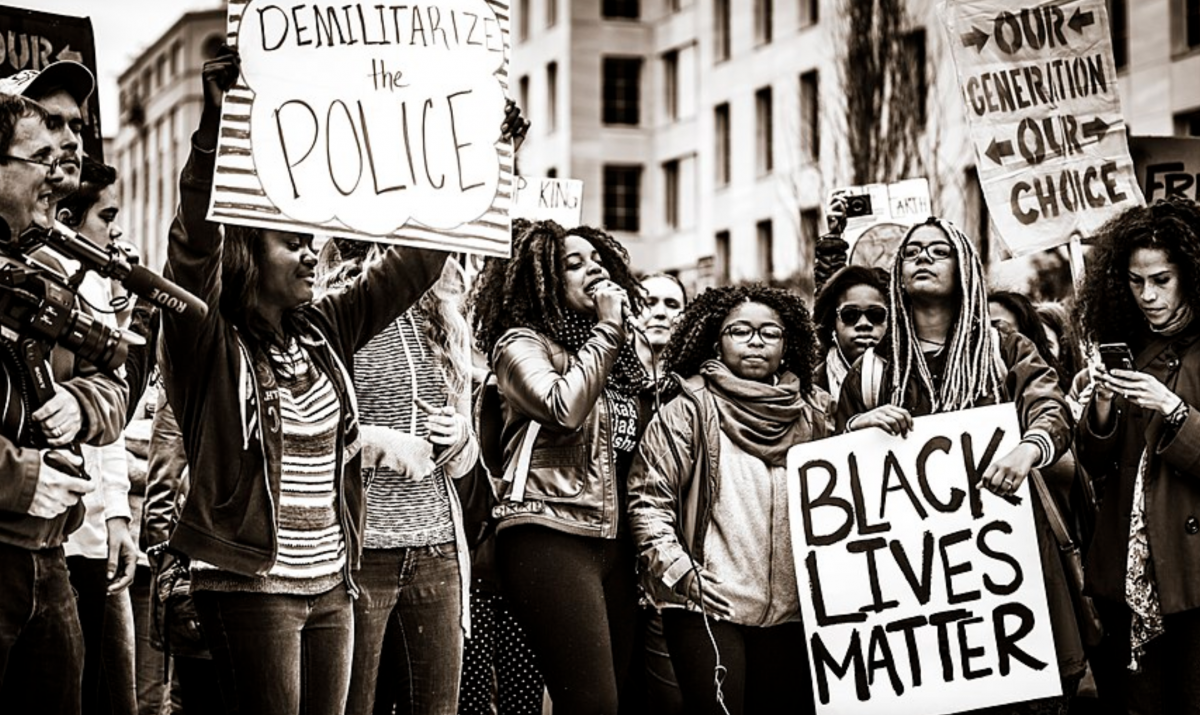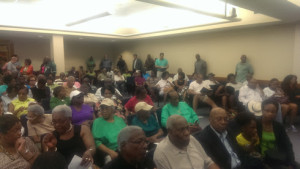“Given the mismatch between what younger generations expect and what our existing institutions are selling, we should expect that the young will create new institutions rather than abandon their dreams. They will define new pillars of a thriving community.”
– Lucy Bernholz, Blueprint 2013 from Grantcraft
We all need to be a part of the social justice conversation! In her forthcoming book, Sandra Barnhill speaks directly to young people considering a career in social justice. Her goal is to debunk some of the myths that surround activists as well as shares practices she and others have found helpful as they navigate the social justice journey.

The book grounded in the realities of an activist’s struggles appeals to veteran organizers as well. Sandra speaks her truths and also lifts lessons learned from emerging and experienced activists. The book’s goal is to welcome and engage new and compelling voices in the social justice conversation. The voices of leaders of color, of young leaders, and those directly affected by the issues they are addressing, are too often absent from the conversations that get reported. These leaders provide a richness and a rawness to the conversation that is missing and sorely needed. Their work on the frontlines tackling tough issues and getting results provides important lessons for those who want to create change.
Barnhill has much to say about the need to embrace different practices as social justice practitioners if we want to do the work in a more healthy way and if we want to draw new social justice leaders to the field and incorporate them into the “fabric of social justice organizing” so that three generations of justice workers can TOGETHER live out the African proverb:
When spider webs unite they can tie up a lion.
Barnhill, through her Tough Mind & Tender Heart website and book, puts forth two main hypotheses:
- By expanding the notion of who leads in the field to include more leaders of color, more young leaders, and activists who have been directly affected by the issues the sector seeks to address, we will have a field that is more innovative and can provide new models that help create long-lasting social change.
- By combining the insights and experience of the above with current leaders in the field, cross-racial and intergenerational alliances will strengthen the work of closing the gaps that exist in all important indicators of well-being.



